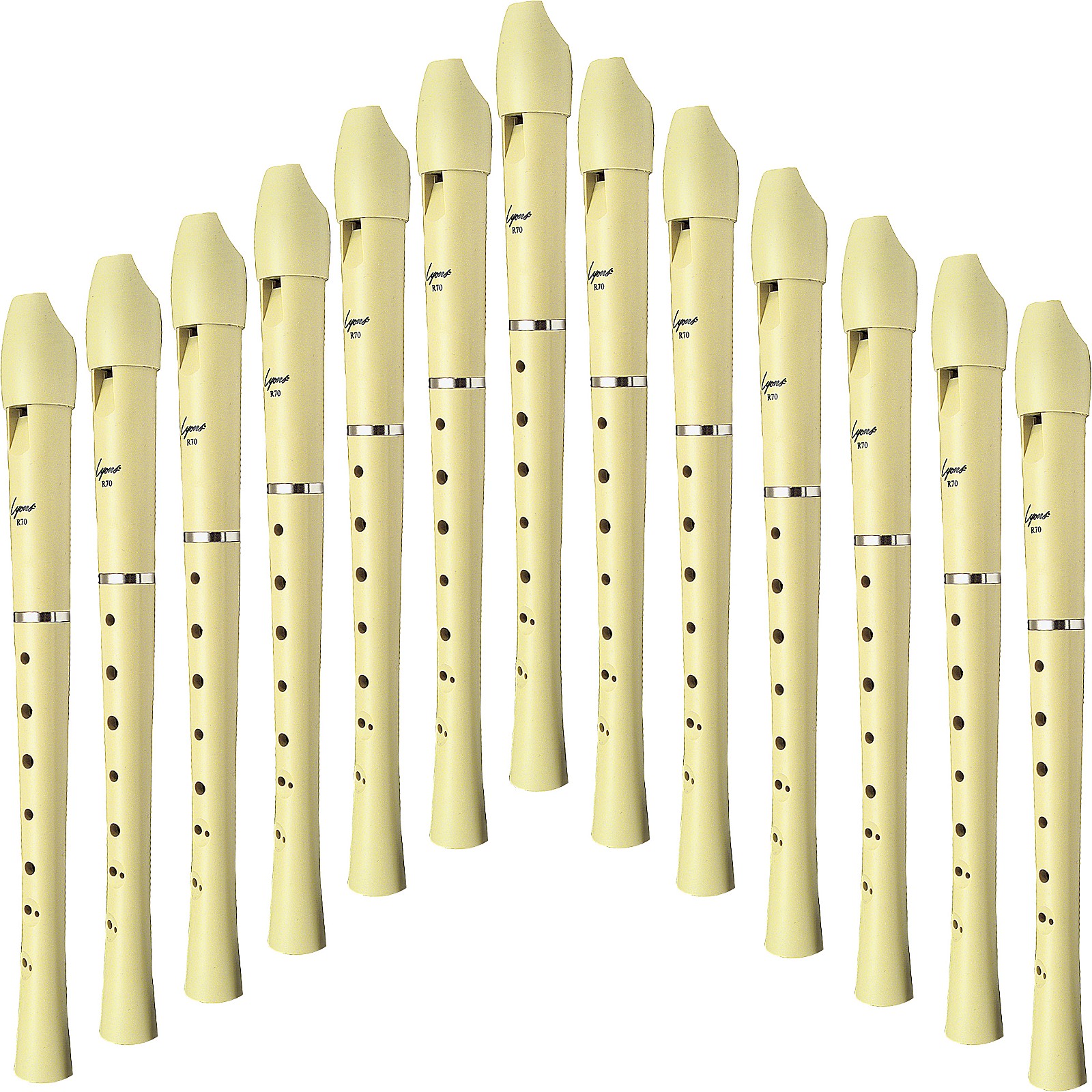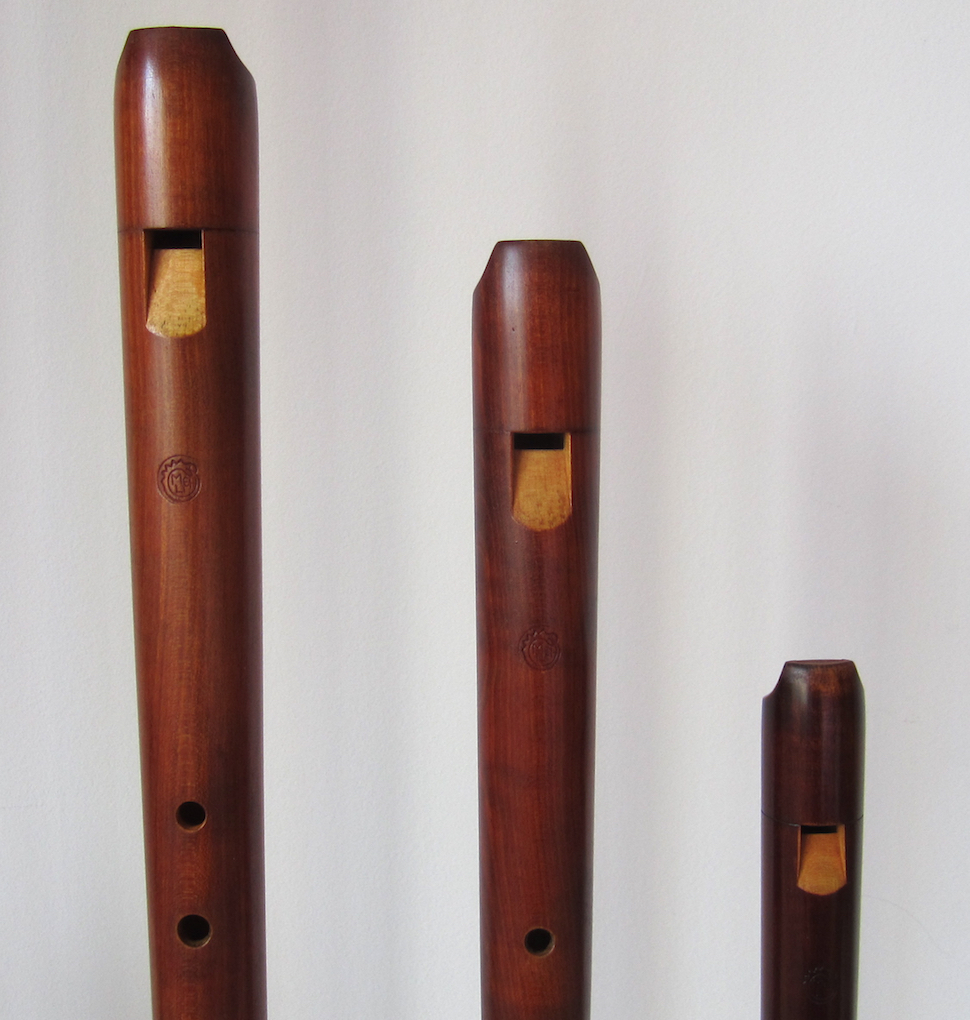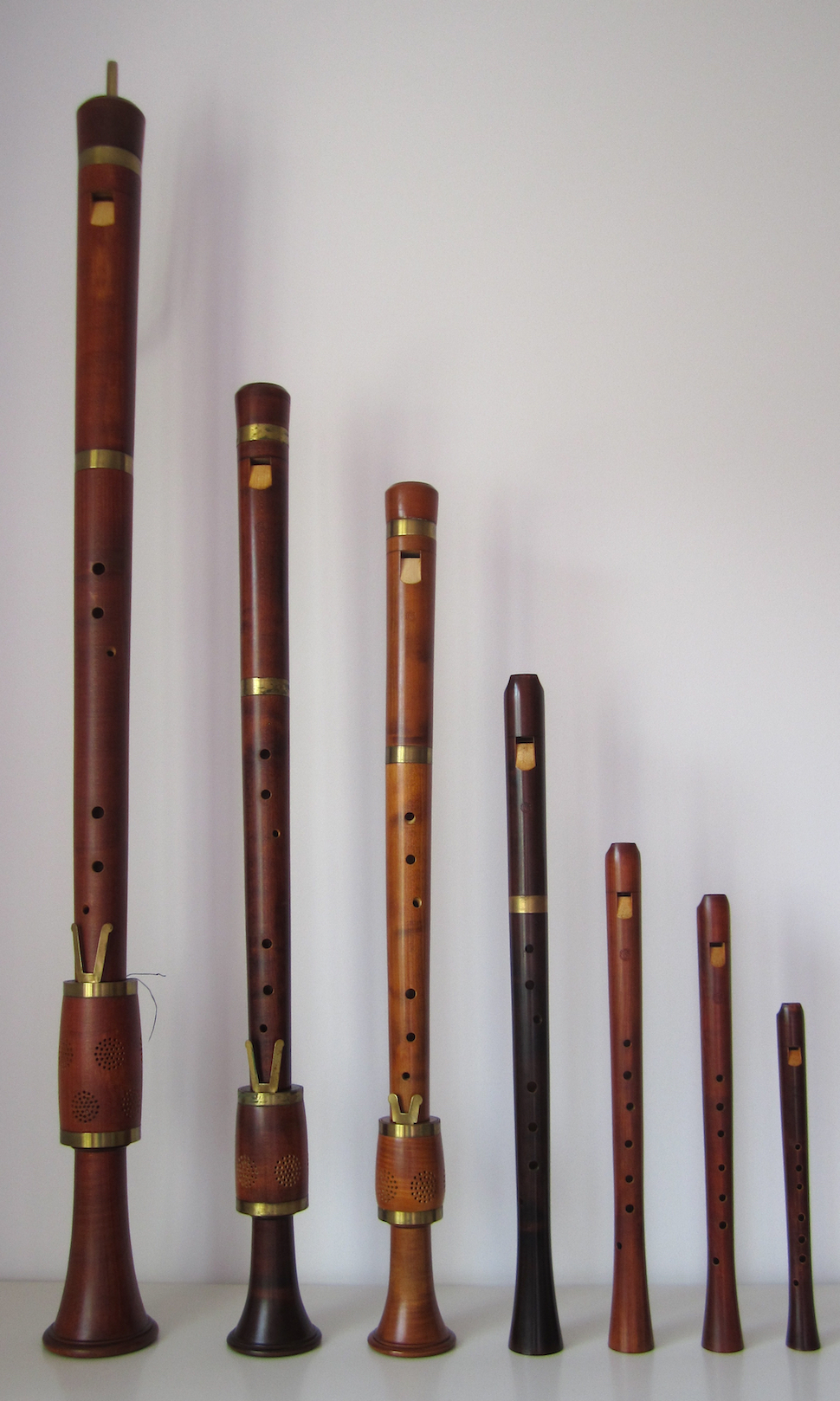Renaissance Recorder
If you're a lover of classical music, then you've probably heard of renaissance recorders. These instruments are popular among musicians worldwide, known for their distinctive sound, unique design, and rich history. For those who appreciate the finer points of classical music, renaissance recorders are a must-have in any collection. In this post, we'll explore the world of renaissance recorders, their target, pain points, and much more.
Pain points related to Renaissance Recorder
Buying a renaissance recorder can be tricky, especially if you're a beginner. With so many options on the market, it's hard to know which one is right for you. You might be worried about the cost or concerned about the quality of the instrument. Alternatively, you might be uncertain whether you have the skills required to play the recorder well. And with so much information available online, it can be difficult to know where to start your search.
Target of Renaissance Recorder
The renaissance recorder is a woodwind instrument that rose to popularity during the renaissance era, hence the name. It is a member of the flute family and is known for its distinctive tone, which is clear, bright, and expressive. Renaissance recorders come in a range of sizes, from the soprano recorder, which is the highest-pitched, to the larger bass recorder. They are typically played in ensembles, and their sound is well-suited to both secular and religious music.
Summary of the article's main points
Renaissance recorders are a must-have for classical music lovers. Despite their popularity, buying a renaissance recorder can be tricky, with many pain points related to purchasing a quality instrument. However, renaissance recorders are well worth the investment, as they are a versatile and expressive instrument, suitable for both secular and religious music. In this post, we'll answer some of the most common questions about renaissance recorders, explore their history, and share tips for getting the most out of your instrument.
What is a renaissance recorder, and what is its target?
Renaissance recorders are a type of woodwind instrument that was popular during the renaissance era. They are well known for their bright, clear sound, and their distinctive design. Renaissance recorders were typically played in ensembles and are well-suited to both secular and religious music. As a classical instrument, the renaissance recorder has a loyal fan base among musicians and enthusiasts alike. It is the go-to instrument for anyone interested in classical music and the beauty of the renaissance era.
When I first heard that a renaissance recorder was more difficult to play than a standard recorder, I wasn't sure if I should give it a try. However, after taking some lessons and practicing regularly, I quickly realized that the renaissance recorder is a rewarding and satisfying instrument to play. Its expressive sound and unique design make it an excellent addition to any classical music collection.
Choosing the right renaissance recorder for your needs
When choosing a renaissance recorder, it's essential to consider your skill level, budget, and musical preferences. If you're a beginner, it's a good idea to start with a high-quality soprano recorder that is easy to play. More advanced players may prefer a larger recorder to achieve a deeper, richer sound. When shopping for a renaissance recorder, it's also essential to consider the materials used to make the instrument. Quality recorders are typically made from maple, rosewood, or boxwood, and they produce a warmer tone that is easier on the ears.
The History of Renaissance Recorder
The renaissance recorder was an important instrument during the renaissance era, from the 15th to the 17th century. During this time, music was an essential part of court life, and the recorder was popular among all the ruling classes. It was also an instrument of choice for many of the famous composers of the era, including William Byrd and Johann Sebastian Bach. Today, the renaissance recorder remains a popular instrument for classical music lovers, prized for its unique sound and historical significance.
Caring for your Renaissance Recorder
Like all woodwind instruments, the renaissance recorder requires regular maintenance to keep it in top condition. It's important to clean the recorder after each use to prevent the build-up of moisture and bacteria. You should also oil the instrument regularly to keep the wood smooth and supple. Finally, it's essential to store the recorder in a dry place, away from direct sunlight or extreme temperature changes, to prevent warping or cracking.
Questions and Answers
1. Can a beginner learn to play a renaissance recorder?
Yes, a beginner can learn to play a renaissance recorder, especially if he or she has some experience playing other woodwind instruments or has a good ear for music. However, it's important to choose the right type of recorder, practice regularly and seek guidance from a professional.
2. What is the difference between a renaissance recorder and a modern recorder?
The main difference between a renaissance recorder and a modern recorder is the design of the instrument. Renaissance recorders have a larger bore, which results in a warmer, more expressive sound. They also have a simpler design, with fewer keys and holes, making them easier to play. Modern recorders, on the other hand, have a more complex design and can produce a wider range of sounds.
3. How much does a renaissance recorder cost?
The cost of a renaissance recorder can vary widely depending on the quality of the instrument and the materials used to make it. A high-quality soprano recorder for beginners can cost as little as $50, while a larger, more complex recorder made from high-quality materials can cost several thousand dollars.
4. Where can I buy a renaissance recorder?
You can buy a renaissance recorder from a variety of online and brick-and-mortar retailers. It's important to choose a reputable seller who specializes in classical music instruments and can offer advice and guidance on choosing the right recorder for your needs.
Conclusion of Renaissance Recorder
Whether you're a classical music lover or simply appreciate the beauty of the renaissance era, a renaissance recorder is an excellent investment. Although purchasing the right renaissance recorder can be tricky, it's well worth the effort. With its distinctive sound, unique design, and rich history, the renaissance recorder is a must-have for any classical music collection. With regular practice and care, your renaissance recorder will bring joy and beauty to your music for years to come.
Gallery
L'Artiste 匠心薈
Photo Credit by: bing.com / consort renaissance recorder instrument
Lyons 2-piece Renaissance Recorder "Bakers Dozen" | Musician's Friend

Photo Credit by: bing.com / recorder renaissance piece lyons dozen bakers
Lyons 2 Piece Renaissance Recorder | Musician's Friend
Photo Credit by: bing.com / recorder renaissance piece lyons
Renaissance Recorder Consort 440 Hz By Walter Meili For Sale

Photo Credit by: bing.com / recorder renaissance consort meili walter hz
Renaissance Recorder Consort 440 Hz By Walter Meili For Sale

Photo Credit by: bing.com / recorder renaissance consort recorders meili walter buy